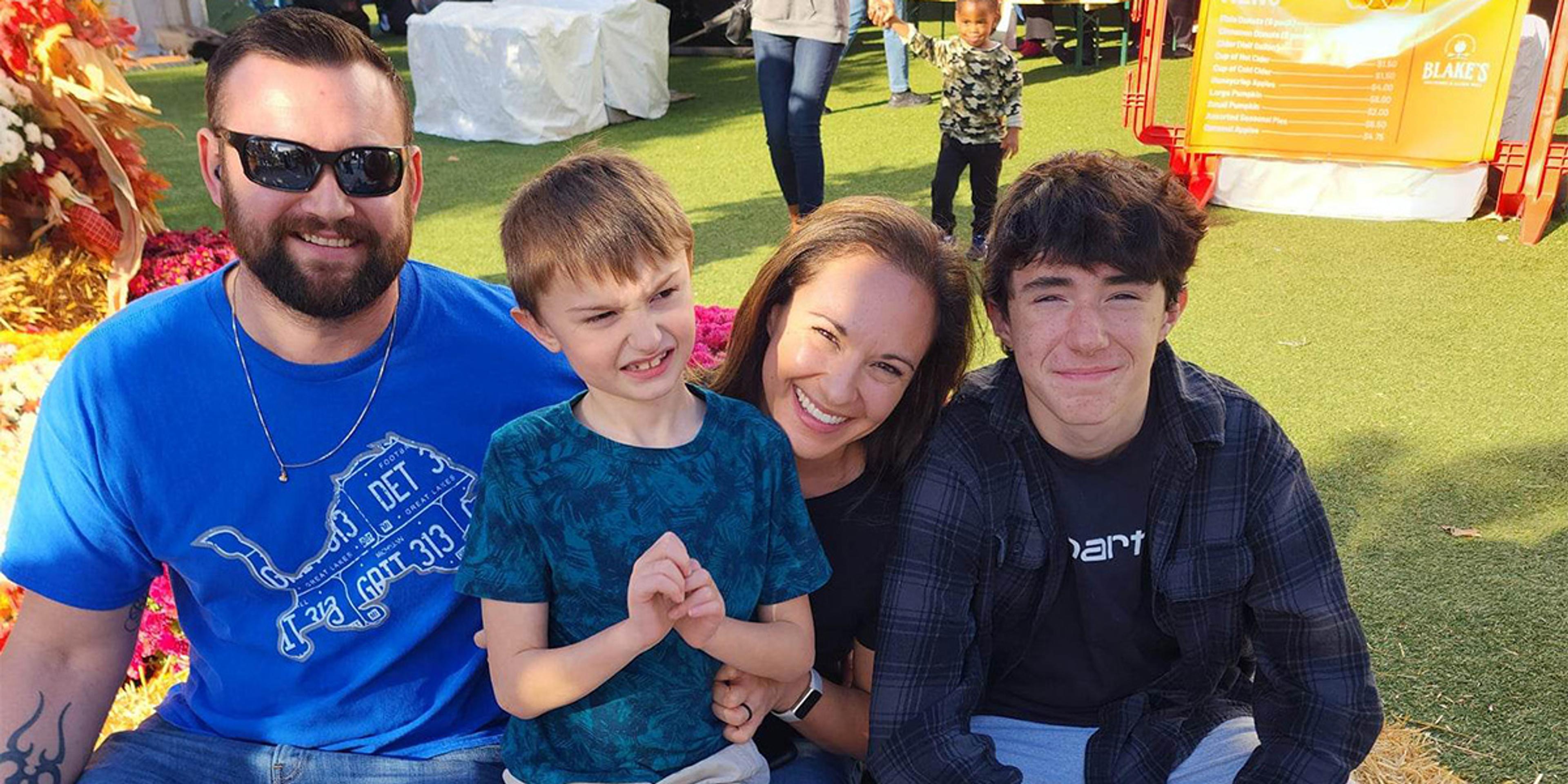
Members with opioid use disorders have better treatment results if they take full advantage of recommended interventions, including medication-assisted treatment, a pilot program has found.
CLIMB, which stands for Community-based, Life-changing, Individualized Medically-assisted and evidence-Based treatment, launched in May 2018 for Blue Care Network and BCN AdvantageSMmembers. It was rolled out to fully-insured Blue Cross PPO members earlier this year. “Through the CLIMB program, we’ve attempted to show that treating this disease as any other chronic illness, such as diabetes or hypertension, is in the member’s best interest and provides the most long-lasting outcomes,” said Dr. William Beecroft, medical director, Behavioral Health. “The practices employed in the program have been gaining additional credence because, quite simply, they work.” According to the pilot’s preliminary results:
- The relapse rate for members in the program has decreased from 36% to 14%.
- The rate of members participating in medication-assisted treatment (MAT) increased 23%.
- Five members participated in detoxification only, and they left the program early against medical advice. Those members eventually used MAT and stopped relapsing.
- Some patients refused MAT, while others were unable to be treated with medications for other medical reasons.
- Because some patients had difficulty getting access to MAT after discharge, Blue Cross is recruiting providers who can provide MAT on an ongoing basis.
Blue Cross and the BCBSM Foundation are part of a no wrong door approach unveiled in June by Gov. Gretchen Whitmer. The CLIMB treatment program is based on current literature about the biology and psychology of how people become addicted. It includes detoxification, supervised residential level of care, MAT and intensive outpatient care, along with family support and the use of smartphone technology.
“We’re very excited about the program and the potential for it to become the new standard of care for opioid use disorder treatment,” said Bill Pompos, manager, Medical Management, Behavioral Health. “We’ll continue to gather additional data for the remainder of the year and will communicate the final results of the pilot as soon as they’re available.” Michigan doctors wrote 15% fewer prescriptions for opioid prescriptions in 2018 than they did in 2017, according to state officials. The decrease is the biggest year-over-year decrease in prescriptions Michigan has seen since a decline that started in 2015. If you found this post helpful, read these:
- New Form Lets Patients Refuse Opioids
- Michigan Opioid Partnership Commits $5 Million for Programs Focused on Treating Opioid Addiction in Michigan
- You Have Options When it Comes to Opioids
Photo credit: Neustock Images





